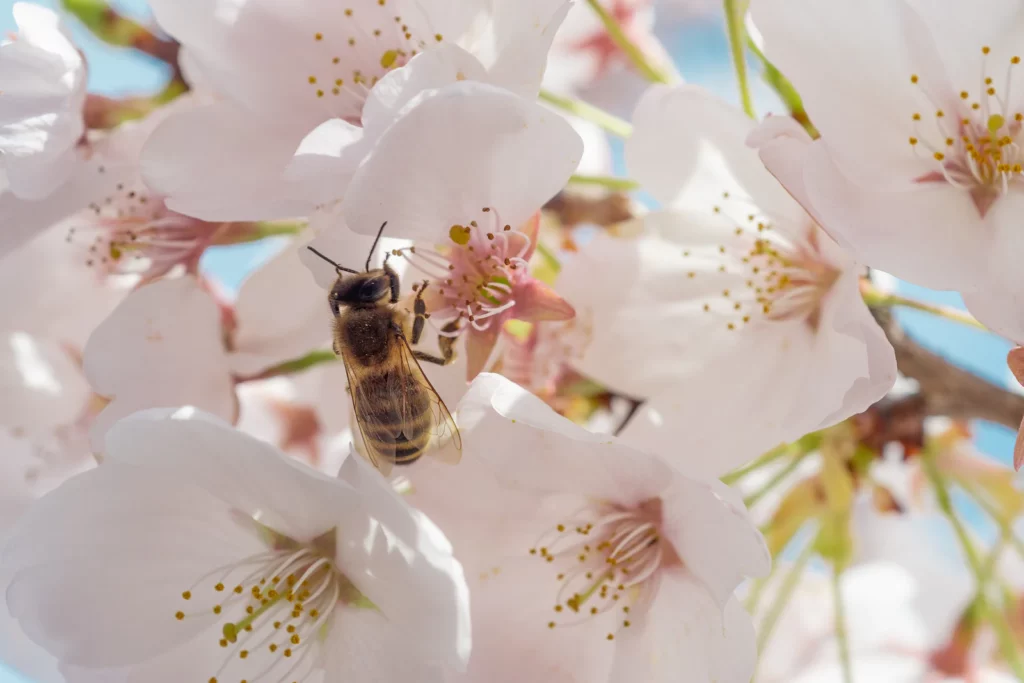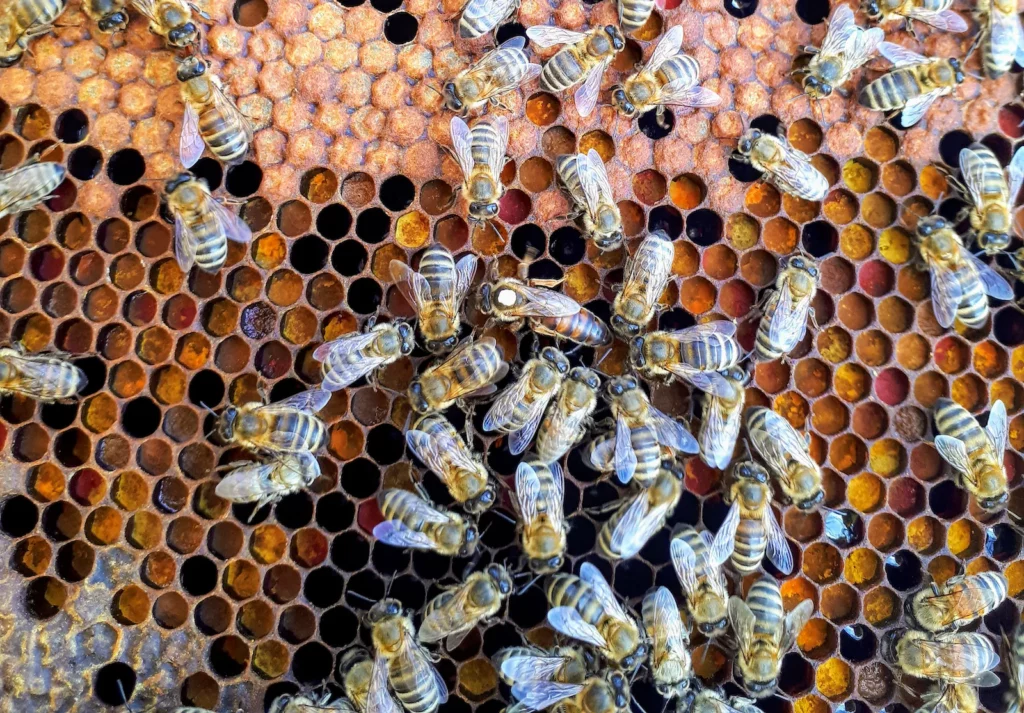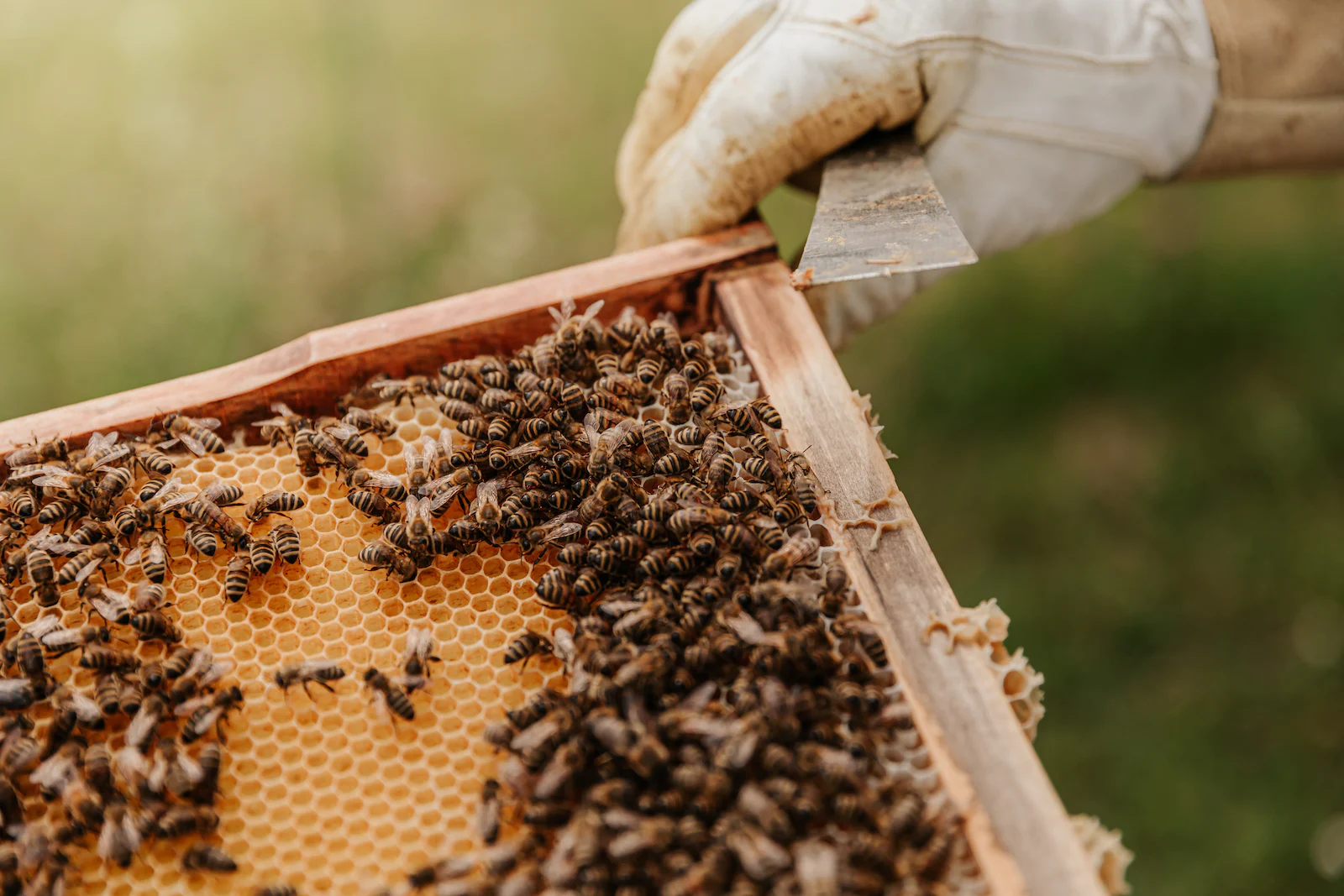In the enchanting landscapes of the Yucatan Peninsula in Mexico, a tiny yet extraordinary creature holds the key to the region’s biodiversity and ecological balance – the humble bee. With their buzzing wings and remarkable pollination abilities, bees play an indispensable role in the delicate ecosystem of the Yucatan. Join us as we explore the vital importance of bees and their significant contributions to the flourishing habitats of this remarkable peninsula.
Bees are master pollinators, transferring pollen from the male parts of flowers to the female parts, thereby facilitating the reproduction of plants. In the Yucatan Peninsula, where diverse flora thrives, bees have evolved alongside these plant species, forming intricate relationships that have shaped the region’s ecosystems over thousands of years.
The Yucatan Peninsula is a treasure trove of plant diversity, boasting tropical forests, savannas, wetlands, and coastal dunes. Bees play a crucial role in the reproduction of many plant species found here. As they forage for nectar and pollen, bees inadvertently transfer pollen grains between flowers, ensuring cross-pollination and the production of seeds and fruits. This process allows plants to proliferate, contributing to the preservation of the peninsula’s rich biodiversity.

One particularly fascinating group of bees found in the Yucatan Peninsula is the Melipona bees. Known as stingless bees, these native species have a special place in Mayan culture and traditional practices. Melipona bees are excellent pollinators for native orchids, fruit trees, and medicinal plants. They produce distinctive honey with unique flavors and are vital to the region’s traditional apiculture, or beekeeping, practices.
The importance of bees in the Yucatan Peninsula extends beyond ecological benefits. The local economy heavily relies on beekeeping and the production of honey and other bee-related products. Yucatecan honey is renowned for its high quality and distinct flavors, and it has become an important agricultural export for the region. Additionally, beeswax and royal jelly derived from beekeeping activities have various commercial applications, contributing to the economic well-being of local communities.



Despite their critical role, bees face numerous challenges in the Yucatan Peninsula. Habitat loss due to urbanization, agricultural practices, and deforestation threatens their natural habitats. Pesticides and insecticides used in farming can harm bees and disrupt their behavior. Climate change, with its unpredictable weather patterns, can impact the availability of nectar and disrupt the synchronization between plants and their pollinators.
Recognizing the importance of bees, conservation efforts are underway in the Yucatan Peninsula to protect their habitats and promote sustainable beekeeping practices. Local organizations and beekeepers collaborate to establish protected areas, create bee-friendly gardens, and educate communities about the significance of bees for both nature and the economy. These efforts aim to foster coexistence between humans and bees, ensuring the continued survival of these essential pollinators.
Bees, with their remarkable pollination abilities, are the unsung heroes of the Yucatan Peninsula’s ecosystems. Their crucial role in sustaining plant reproduction, supporting biodiversity, and driving economic activities cannot be overstated. As we marvel at the natural beauty of the Yucatan, let us also appreciate and protect these buzzing guardians, ensuring a harmonious balance between humans and nature in this remarkable corner of the world.
TYT Newsroom



